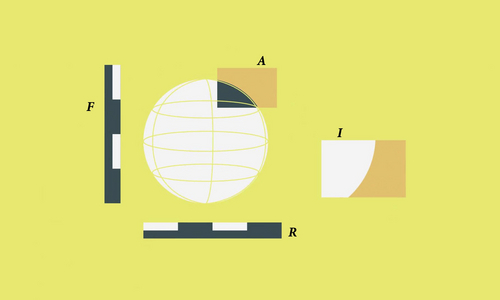Services
In light of NFDI4Culture's multidisciplinary research landscape, our primary aim is to document, evaluate, enhance, operate, and continuously develop both existing and new research data management services. These services are provided by the diverse members of our consortium.
Consulting & Funding

NFDI4Culture Helpdesk
The NFDI4Culture Helpdesk provides individual support for a broad range of research data and software concerns to scholars, institutions and data providers.
Find out more
Flex Funds
Funding of projects and measures for the needs-driven (further) development of research tools and data services in the NFDI4Culture communities.
Find out more
Ukraine-Helpdesk
NFDI4Culture is partnering with the SUCHO initiative to offer support to Ukrainian cultural heritage institutions in digitally preserving cultural heritage.
Find out more
Culture Kickstarter
The Culture Kickstarter supports the Culture communities and their projects with letters of intent, consultancy regarding research funding and curated professional information.
Find out moreInformation & Documentation

Culture Information Portal
The Culture Information Portal serves as the gateway and single point of access to all services, data and information resources offered by the NFDI4Culture consortium.
Find out more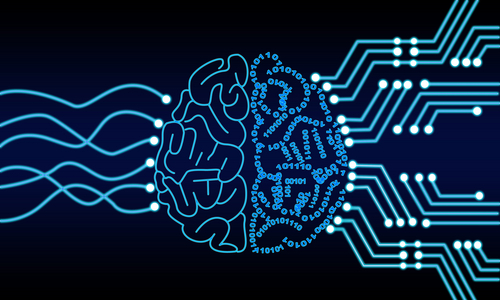
Knowledge Base
The NFDI4Culture Knowledge Base contains guidelines, reports, and specifications by the task areas of the consortium.
Find out more
Registry for Tools & Services
The NFDI4Culture Registry collects metadata about existing research tools and data services, and provides a simple overview and detailed information about the resources.
Find out more
NFDI4Culture Newsletter
The quarterly distributed newsletter reports in a low-theshold way about consortial activities, such as upcoming events, short reports on past activities and insights behind consortium services.
Find out moreStorage & Preservation
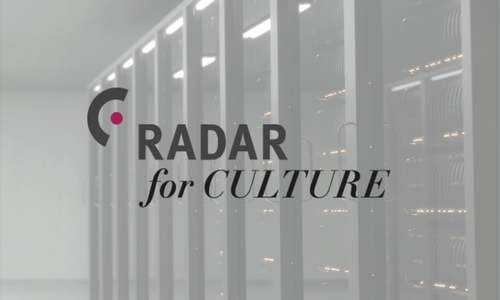
RADAR4Culture
RADAR4Culture is a free service for the sustainable publication and preservation of cultural heritage research data of any data type/format according to FAIR principles.
Find out more
Curated Repository List
The Curated Repository List provides an overview of subject-specific and generic repositories for the 4Culture communities which offer sustainable publication and archiving solutions in different media formats.
Find out morePublication & Dissemination
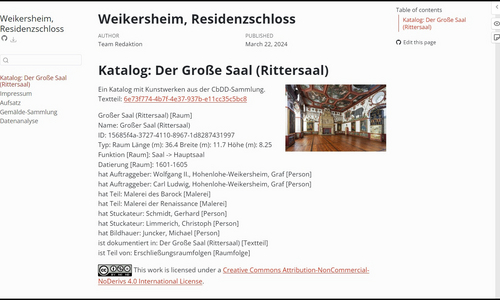
NextGen Books
We provide book production, publishing, and book sprint services – catering for books, open textbooks, and living books. Our open-source software pipelines cover print-on-demand to computational publishing.
Find out moreLinkage & Enrichment

Culture Knowledge Graph
The Culture Knowledge Graph aims to be a connector for all research data produced within the NFDI4Culture subject areas.
Find out more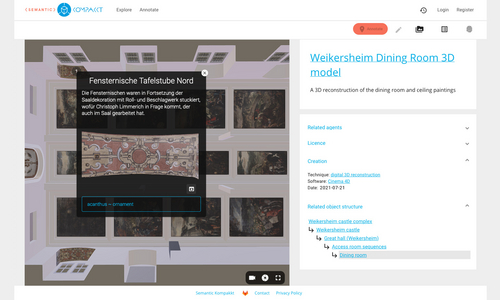
Semantic Kompakkt
Semantic Kompakkt is a free and open source toolchain for the viewing and annotation of 3D models, and other visual media within a linked open data (LOD) environment.
Find out more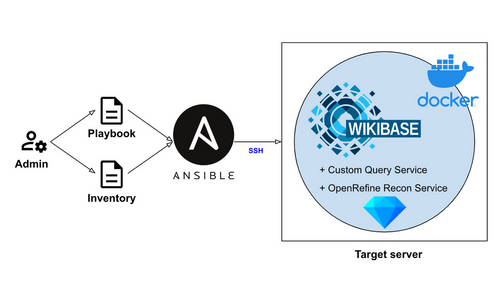
Wikibase4Research
Wikibase4Research is a free and open source suite of tools for the storage and management of Linked Open Data (LOD).
Find out more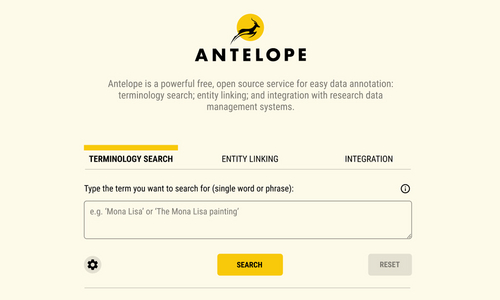
Annotation, Terminology Lookup and Personalization (Antelope)
Antelope is a free, open source service to support your data annotation. It offers terminology search, entity linking, and easy integration into your projects.
Find out moreLearning & Teaching

Educational Resource Finder
The Educational Resource Finder of the Cultural Research Data Academy (CRDA) presents subject-specific and generic educational and training offers, geared towards the various NFDI4C-Communities.
Find out moreParticipation & Collaboration

Culture Community Plenary
The Plenary is NFDI4Culture's largest annual event, bringing together all parts of the consortium and the community for networking and interaction.
Find out more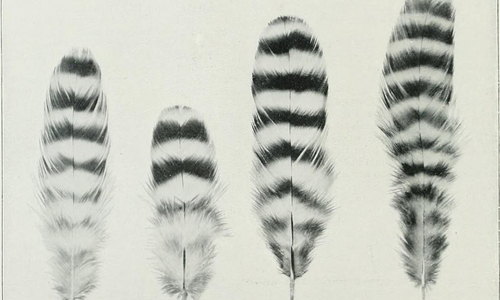
Forum for Data Standards and Data Quality
We collaborate with the expert communities in various formats to discuss needs regarding data quality and standards.
Find out more
Community Forum for (further) Development of Research Tools & Data Services in NFDI4Culture
The aim of the event is to identify the needs of the community in terms of research tools and data services in consultation with researchers and members of related disciplines.
Find out more
Expert Forum for sustainable Software Development in NFDI4Culture
The forum is a group of software developers, academic experts and representatives from research organisations and infrastructure institutions.
Find out more
Forum for Data Publication and Availability
Cultural assets and research data should be permanently accessible, findable and reusable. The forum serves as a platform for a needs-based exchange for all disciplines and service providers.
Find out more
Forum of the Cultural Research Data Academy
The Forum of the Cultural Research Data Academy (CRDA) offers a spot for exchange, networking and sharing of knowledge, regarding the CRDA's fields of activity.
Find out more
#4CultureHour
The #4CultureHour promoted the exchange of the consortium with its community on the social media platform Twitter.
Find out more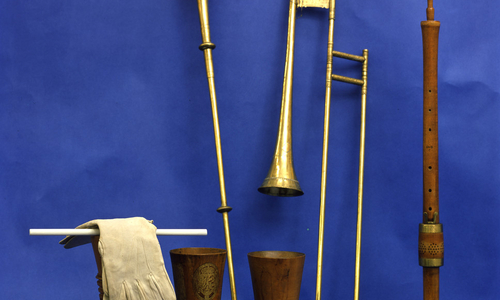
NFDI4Culture Music Award
The NFDI4Culture Music Award is given by the musicological community in NFDI4Culture and intends to recognize music-related or musicological projects and undertakings that contribute in a special way to the goals in the task areas of the consortium.
Find out more
Lecture and discussion series "Show & Tell – Social Media Data in Research Practice"
The lecture series is dedicated to tools in the field of social media research and wants to highlight best practices of selected projects (organised by BERD@NFDI, KonsortSWD, NFDI4Culture, Text+).
Find out more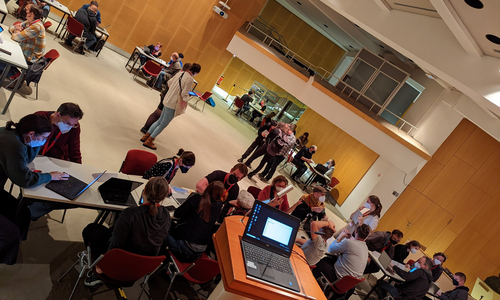
Hackathons
With participatory formats such as hackathons, we make an important contribution to learning, cultivating and further developing good practices about research data, as well as enabling citizen science projects. We provide advice and guidance on these formats.
Find out more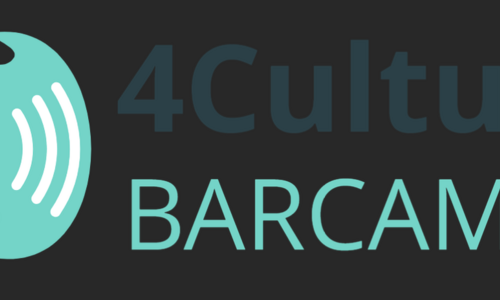
Barcamps
As informal meetings, our barcamps offer space for the exchange of ideas and the creation of new initiatives in the context of cultural heritage research data. We are also happy to provide advice and guidance on these formats.
Find out more
Forum for Digitisation and Enrichment
We are exploring the topics of digitisation and enrichment together with our communities, focusing primarily on participatory formats and dialogue.
Find out more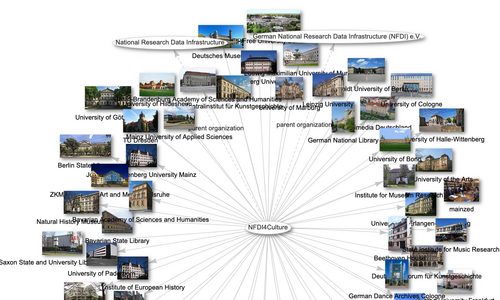
Linked Open Data Working Group
The Linked Open Data Working Group is a participation and collaboration initiative to discuss and work jointly on linked open data issues within the NFDI4Culture community.
Find out more